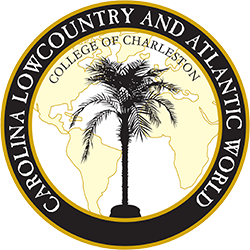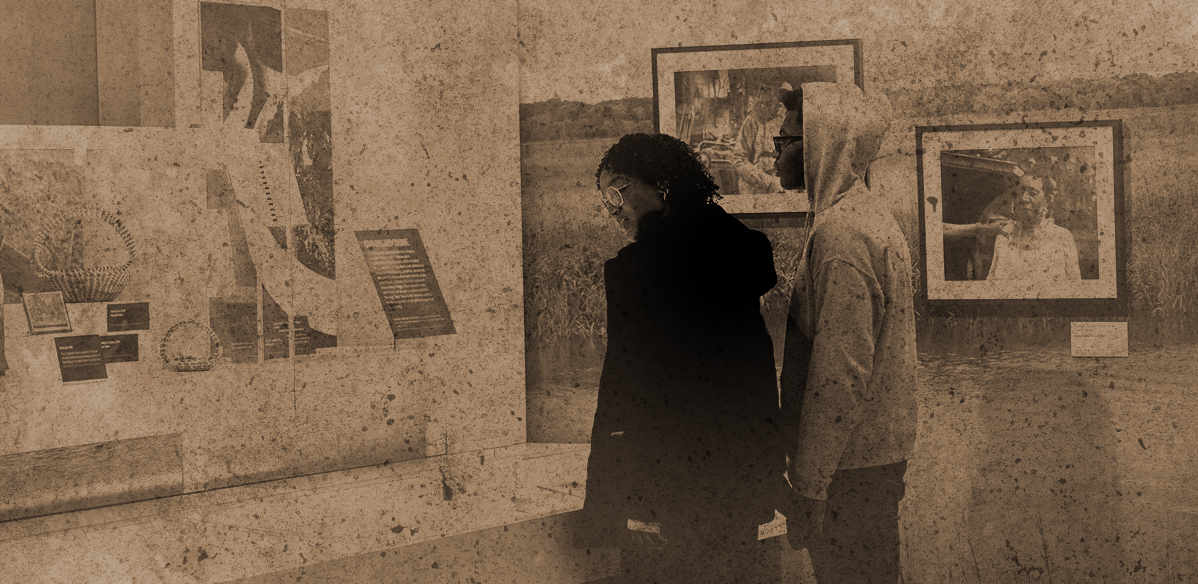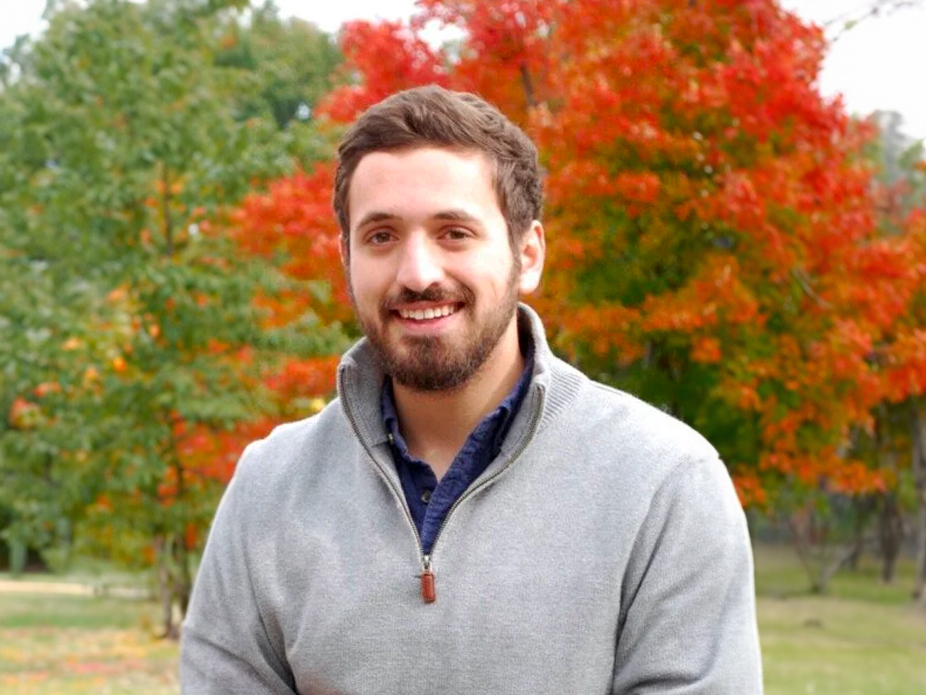Carolina Lowcountry and Atlantic World
 The Carolina Lowcountry and Atlantic World (CLAW) Program at the College of Charleston promotes scholarship and public engagement with the history and culture of the Lowcountry region, the Atlantic World and the connections between the two.
The Carolina Lowcountry and Atlantic World (CLAW) Program at the College of Charleston promotes scholarship and public engagement with the history and culture of the Lowcountry region, the Atlantic World and the connections between the two.
The Carolina Lowcountry is a vibrant crossroads where stories from Africa, Europe, the Caribbean, and the Americas come together. CLAW reveals the interwoven connections of these diverse cultures, societies and ethnicities and encourages the ongoing dialogue and scholarly study of the shared history that binds them.
What we do
We partner with local, national and international organizations to host or co-sponsor events around Charleston.
- Conferences
- Symposia
- Public lectures
- Faculty seminar sessions
- Film screenings
- Other public programming
Through our partnership with the University of South Carolina Press, we publish books on diverse topics related to Atlantic World experiences.
Our faculty and affiliates of CLAW work with cultural heritage organizations to support physical and digital exhibitions that promote educational outreach.
2024 Conference: Archives in the Atlantic

Carolina Lowcountry and Atlantic World Program at the College of Charleston
May 16 -18, 2024
In recent years, cultural heritage institutions responsible for collecting and preserving evidence of a shared past are confronting, re-examining, and in many cases making efforts to repair harmful, exploitative, or exclusive policies, practices, and norms.
The “Archives in the Atlantic” Conference will explore the ways archives and related cultural heritage institutions throughout the Atlantic World are confronting shared legacies of imperialism, slavery and Indigenous dispossession through decolonizing traditional standards, developing liberatory practices and expanding networks of belonging and representation.
Register Now for the Conference

Hines Prize
Historian Evan Turiano earned the 2023 biennial Rachel Hines Prize for his manuscript, The Politics of Fugitive Slave Rendition and the Coming of the Civil War.
More on Turiano and the Hines Prize